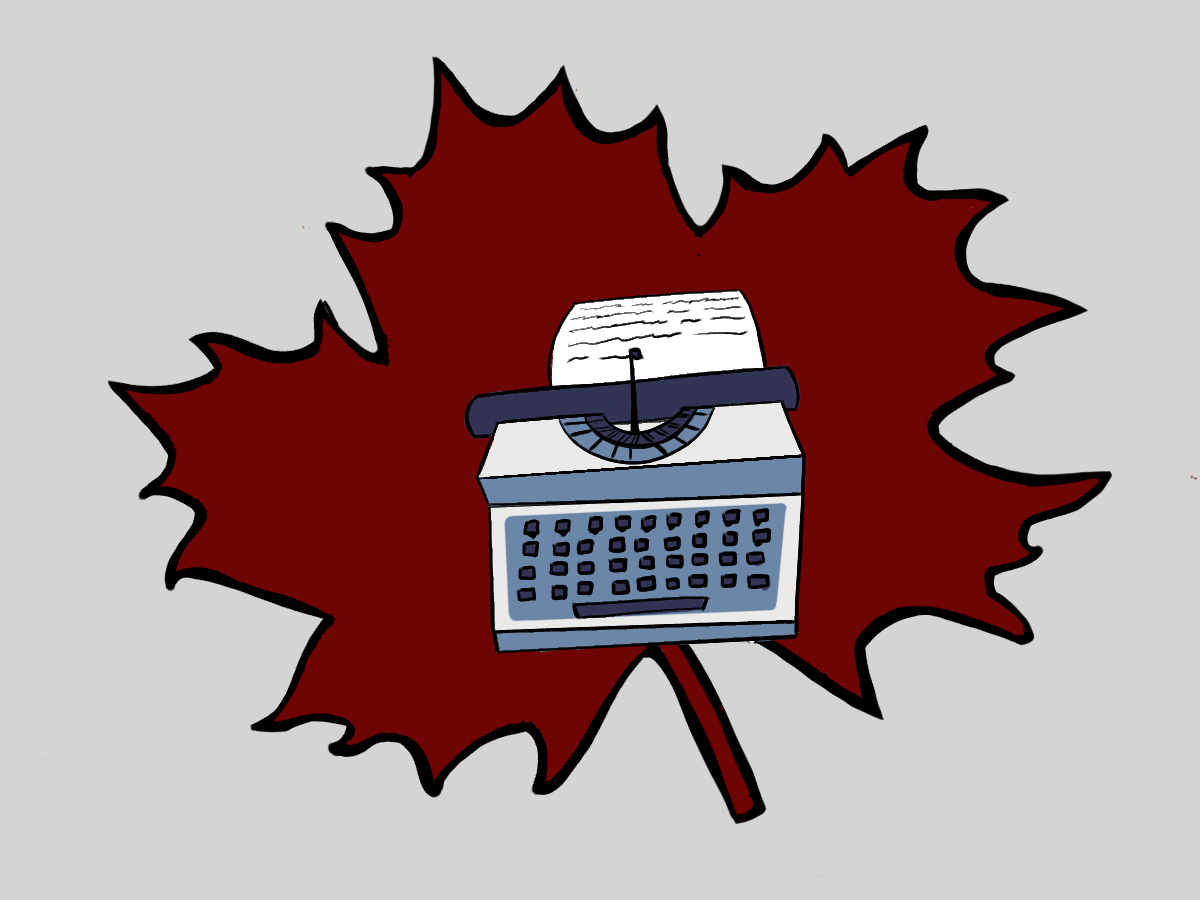Ecopoetry can help readers better understand the natural world they inhabit by focusing on how humanity interacts with their environments
In an age where ecological destruction has become more prevalent than ever, some writers have turned to ecopoetry as a way of addressing concerns they have with the climate crisis, the plight of endangered species, and humanity’s responsibility for the environment. Although the term “ecopoetics” may be interpreted to mean poetry about the environment and natural elements, it is actually quite multidisciplinary in its approach; ecopoetry often looks at the relationships between nature, culture, history, anthropology, and more. For some, ecopoetics can be considered as a call to action, and not just a meditation on the beauty of our world. It can encourage us to look beyond ourselves and consider the tiny lives that we coexist with, while hopefully inspiring us to invoke some sort of change, be it big or small.
If you’re not already intrigued, here are three ecopoetry books that will grab your attention and, perhaps, have you consider taking up residence in a Thoreau-esque cabin by the water. A walk in the woods will also suffice.
Between Dusk and Night by Emily McGiffin
McGiffin’s debut poetry collection follows the writer on her journeys around the world as she attempts to not only understand the relationship she shares with the many environments she encounters, but also aims to address the responsibility humans have in preserving the natural world. She spends the majority of the collection carefully reflecting on how humans got here and she wonders, at times, if we even deserve to be here.
Between Dusk and Night is an excellent introduction to ecopoetics with its multidisciplinary approach to nature and humanity. McGiffin’s collection is an honest attempt at understanding how the micro and macro parts of the natural world interact.
Small Arguments by Souvankham Thammavongsa
Although Thammavongsa may be best recognized for her short story collection titled How to Pronounce Knife, Small Arguments is a book that readers who are interested in ecopoetry won’t regret reading. Thammavongsa’s poems offer a perceptive account of the most minute natural elements, whether it’s a piece of dirt or a raindrop. Through her “small arguments,” she seeks to establish the importance of these elements despite their tendency to be overlooked by humans.
Like many of us, she looks for a grander meaning in the things that occupy her space, and tries to make sense of her own existence in the process. Small Arguments is a breezy and relatively short read despite the gravity of some of its content.
Deactivated West 100 by Don McKay
Since the 1970s, McKay has been considered a pioneer in the realm of Canadian ecopoetics, releasing 12 collections dedicated to the country’s unique landscape and wildlife. His poetry often uses defamiliarization, a technique where writers present their readers with common things in an unfamiliar way. This technique allows, as McKay puts it, “the mind’s categories to glimpse some thing’s autonomy — its rawness, its duende [soul], its alien being.”
In Deactivated West 100, readers follow McKay as he journeys around Vancouver Island, looking to deepen his understanding of home and his place in nature. This book is brimming with big questions, ones that a trip to Vancouver Island surely won’t be able to help answer. But this doesn’t stop McKay as he reflects on how humanity coexists with nature, while simultaneously encouraging his readers to temporarily lose themselves in their surroundings in order to better appreciate them.
Graphic by James Fay




